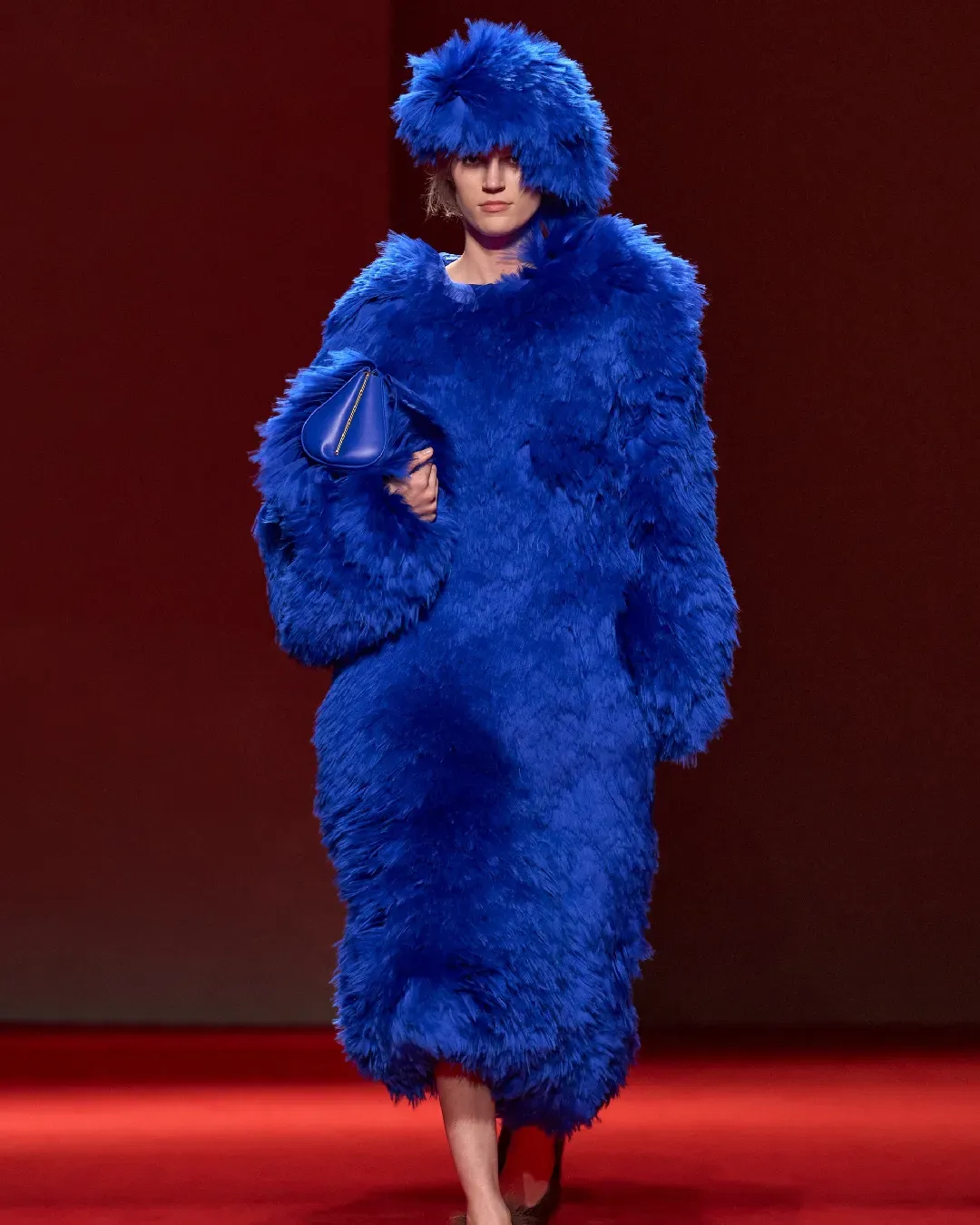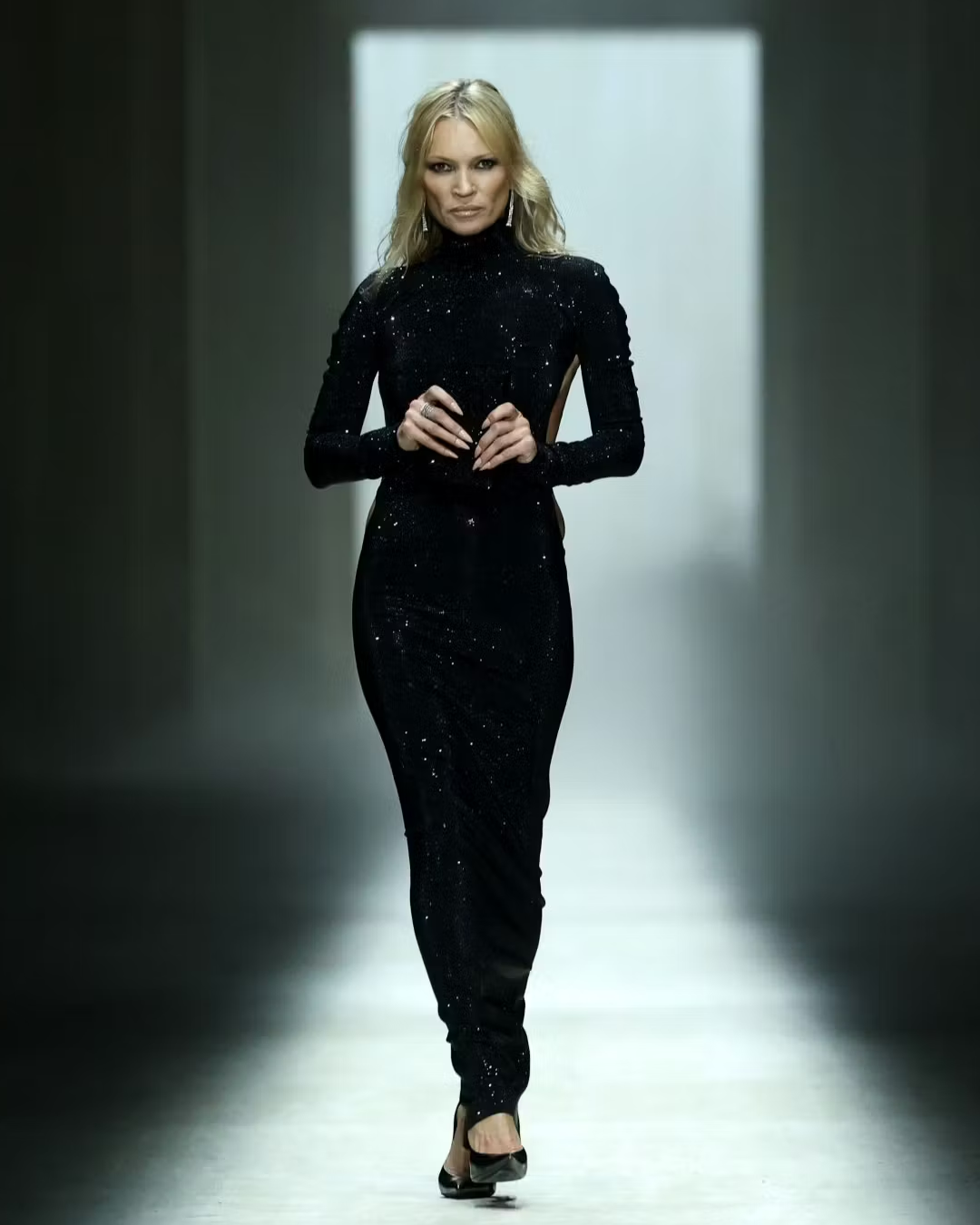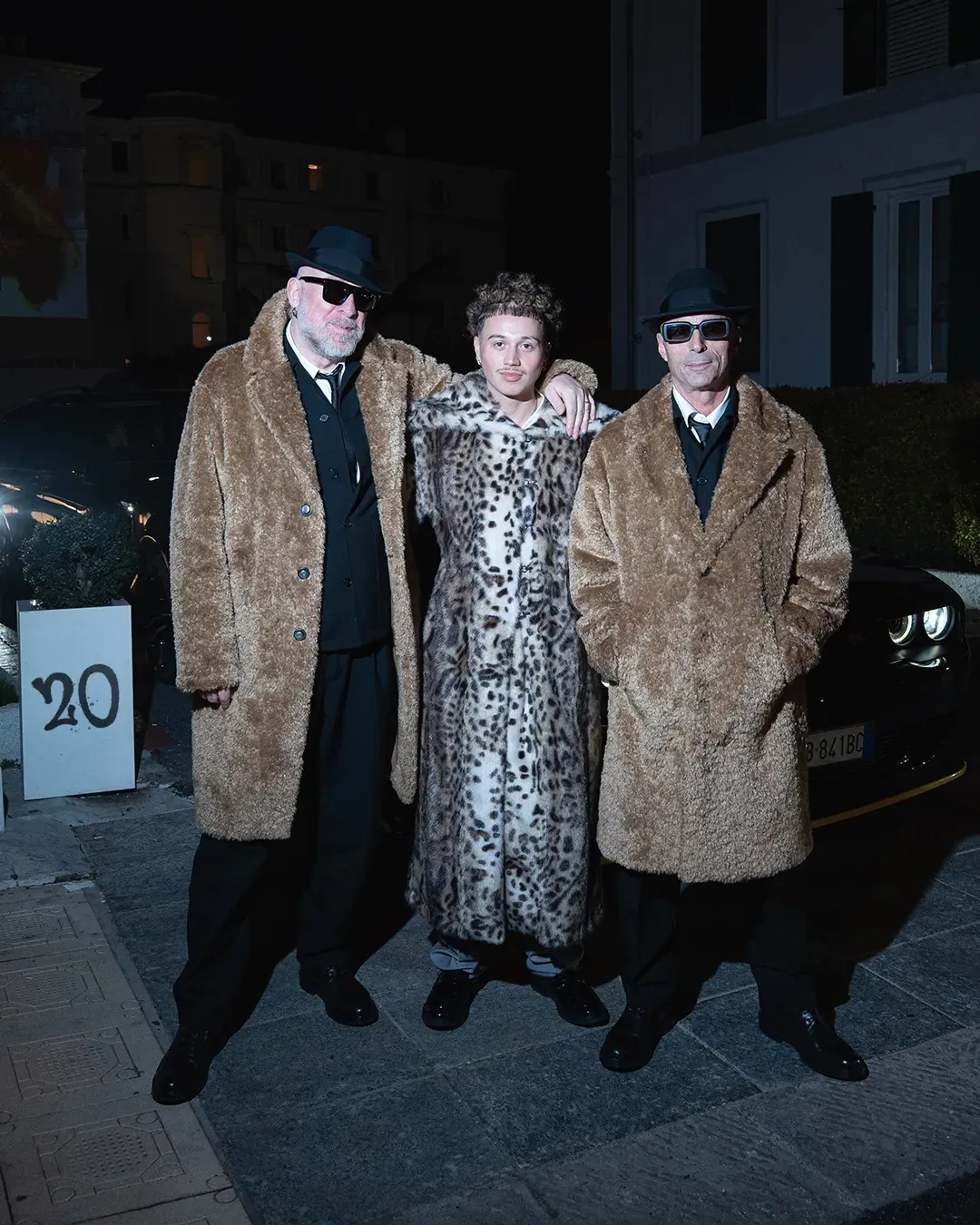
Sirens is a song that does not captivate Netflix miniseries does not shine despite a diva like Julianne Moore
The word sirens can have a double meaning. In terms of imagery, the term refers to the beautiful marine creatures who, with their voices, are able to lure sailors to their deaths beneath the waves. The sirens we encounter more frequently in everyday life, however, are those that speed through the streets, flashing and sounding intermittently. Sometimes they signal a danger, while other times they are trying to capture, stop, or save someone. What unites these two distant visions of the word is the sense of alarm that is triggered in both cases. On one hand, sirens—marvelous beings—cause the end of existence for their powerless victims. On the other hand, the sound that is reproduced can suggest the possibility of help if someone arrives and intervenes in time, but the feeling of threat that it evokes remains attached. From the dichotomy contained in the word "sirens," the miniseries Sirens, a Netflix production based on the play Elemeno Pea by Molly Smith Metzler, was developed. Metzler, also a creator for the platform, returns after the success of Maid, which was widely praised for its graceful depiction of a young mother struggling with the job of a housekeeper. This time, Smith Metzler's characters are played by Julianne Moore, Meghann Fahy, and Milly Alcock. Although the project is once again a critique of class division, the sharpness that should pierce through hypocrisy with dark comedy is not as refined as the writing in the previous miniseries—or as much as Sirens itself wants to seem.
@netflix No one knows you like a sister. Meghann Fahy, Milly Alcock, Julianne Moore and Kevin Bacon star in #sirens original sound - Netflix
Even with the evident intention of being deliberately bold in tone, seeking a satirical critique that is less subtle than perhaps intended, Sirens suffers from the cheap veneer that unfortunately is sometimes reserved for certain Netflix products, which, if not supported by a sufficiently intriguing story, becomes even more glaring. It is an updated version of what could have been a segment of Desperate Housewives, with an island serving as the backdrop for power dynamics that the characters (and the screenplay) believe they can handle with subtlety but are actually quite didactic. A seemingly idyllic world where the matriarch Michaela Kell (Moore) is ready to host her usual annual gala, this time assisted by her personal assistant Simone (Alcock), who has quickly also become her confidante and best friend. A young woman who hides her past of abandonment and abuse, whose new life of dinners in elegant dresses and villas with gardeners has become the norm, is shaken by the unexpected arrival of her older sister Devon (Fahy), who begins to investigate the ambiguous relationship that ties the girl to her superior. The masks are dropped in the few days leading up to the awaited event, during which the mystery surrounding the hostess Michaela attempts to be unraveled by the determined Devon. All driven by the enigmatic sense of manipulation that Sirens tries to render constant and ambiguous, prompting the viewer to question the true nature of the power wielded by Julianne Moore's character.
Sirens theorizes about a sort of innate influence, the same that every woman would supposedly be able to exert on others. In the equation women-equals-sirens, therefore able to magnetize and condition others, the show creates many expectations only to deflate them, even while maintaining a narrative coherence that is correct, albeit not thrilling. Where the employed irony is not as sparkling, clashing with the social analysis that the showrunner once again wants to dismantle, arriving at the end to the resolution and the closure of an impeccable circle, though not as exhilarating as the song of a siren should be. By declining power from time to time as social status and/or authority and showing it as the only way for women to achieve favorable positions throughout history, Sirens presents sophisticated insights, but predictable developments. It has a larger design that is well outlined, but which does not excite for its prolonged sustainability and therefore increasingly less incisive, leading to the puzzle's solution. It is an amusement, surely, a mystery with yellow hues that does not forget high-society drawing-room jokes, but it never enchants, not even once, and that is an unforgivable shortcoming given the mythology it deals with.













































